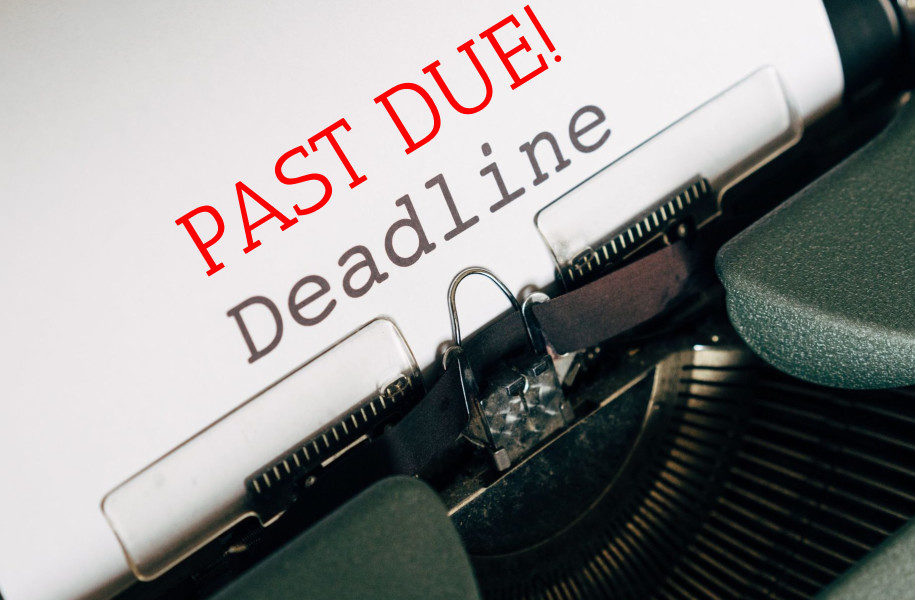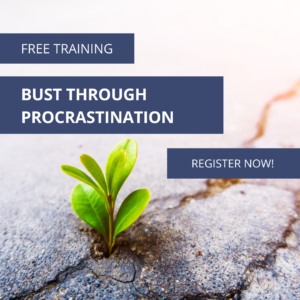No one can write your story except you—but there’s no harm in stealing another writer’s routine if it works for you, right?
It’s sometimes helpful (and always interesting) to get a peek behind the curtain of other peoples’ lives. Seeing how successful people have set up their routines can spark an idea for a new way to do things in your own life.
You might remember a blog I shared a few years ago about copying the time management habits of billionaires. I’m seeing a lot of clients really struggling with both professional and personal writing projects lately, so I thought: What about the habits of highly successful writers? Can we find any brilliant time management and productivity strategies in their stories?
Habits of Highly Successful Writers
Maya Angelou kept a hotel room exclusively for writing. She would rent a room by the month, leave home at 6 a.m. and work in her hotel room from 6:30 to midday. Sometimes she drank sherry first thing in the morning and always wrote sprawled across the hotel bed, which she would never sleep in. (She also wouldn’t let cleaning staff change the sheets.)
Victor Hugo stripped down to nothing but a “huge grey knitted shawl” and had his servants hide all the rest of his clothing when he was rushing to meet a writing deadline. Without clothes, he couldn’t go outside—forcing himself to stay indoors with nothing to do but write.
William Faulkner wrote his 1930 novel “As I Lay Dying” in the middle of the night in a power plant. While working as the overnight supervisor at the University of Mississippi’s power plant, he created a table out of an overturned wheelbarrow and wrote in the coal bunker every night until about 4 a.m.
There you have it, then! The key to producing high-quality writing is to have your family hide your clothes, then work all night in your coal bunker and drink sherry for breakfast on an unwashed hotel bed.
Okay, probably not.
Every great writer has their own writing rhythm and routine.

Maybe Ernest Hemingway’s style is more your speed. He was an early bird who started writing every morning at first light. Or maybe you’re like Mindy Kaling, and it’s the “where” more than the “when” that’s important for you to be able to write productively. She wrote 50 TV scripts and two books sitting in one specific spot in her bed, always with two pillows behind her.
Or, more likely, none of these writers’ routines resonate with you. For one thing, how are you supposed to find the time? Unless you’re a full-time novelist, writing tasks are just one tiny part of your day. You have a limited amount of time to crank out that report or proposal and have 100 other work and personal tasks to do too. If you’re trying to write for pleasure, carving out that time never seems to happen in a busy day.
You could force yourself into your desk chair before sunrise like Hemingway, but that would a terrible use of your time if your brain doesn’t really come online until 7:30. Or you could resolve that you must do at least 15 minutes of writing every day, but what if you’re so over scheduled that you can only fit in those 15 minutes before bed, when your brain is completely fried?
What’s Your Personal Writing Rhythm?
As I always say, we’re all wired differently. Your unique schedule, priorities, goals and approach to time management will affect what kinds of routines help you live the kind of life you want.
So what’s your personal writing rhythm? What are the conditions in which you do your best and/or most productive writing work? (And what are the time management tools that let you carve out the time you need for that work?) Discovering the answers to those questions can unlock your experiencing writing, making it something that opens you up instead of something you dread.
3 Keys for Finding Your Writing Rhythm
• Try on different writing routines for size.
If you aren’t sure about your ideal writing setup looks like, get scientific and start experimenting. Try writing in different places and different physical positions at different times throughout the day, and keep track of how productive and focused and engaged you feel.
• Experiment with different writing tools too.
Maybe you’re someone who needs to jot down an outline on a yellow legal pad before you can start typing in a Word document. Or maybe you think best out loud and could use a transcription app to record yourself spitballing a first draft of whatever you’re writing. Even something as simple as using different fonts for different projects may help you bring new eyes to your pages.
• Notice how your mood and distractions play into your writing time.
Is writing a pleasant escape when you’re upset, or do you have to be having a good day in order to connect with your writing? How does music, white noise and lighting affect things?
If you need writing support, I can help.
I’m always reachable for any one-on-one support you need around time management and productivity, but I’m also excited for an upcoming conversation around writing that I hope is going to be valuable for a lot of people.
I’ll be interviewing Dr. Michèle Gunderson about how to use the power of story to grow your business AND have a life. If you aren’t familiar with Michèle yet, she’s the Breakthrough Story Expert and founder of Story Freedom. A bestselling author and former university instructor, Michèle helps heart-centered entrepreneurs create empowering stories in every aspect of their businesses.
This interview will not only help you grow your business – it will save you time and energy in your day. Join us on March 3rd at 4 pm ET / 1 pm PT via Zoom! Click here to register.
Happy writing!
Sarah
- Time Management Strategies to Help You Land the Big Clients You Want - April 17, 2024
- Stress Management for a Productive Spring: Are You “Normal”? - April 4, 2024
- 3 Things Realtors Can Control in a Busy Spring Real Estate Market - March 15, 2024



